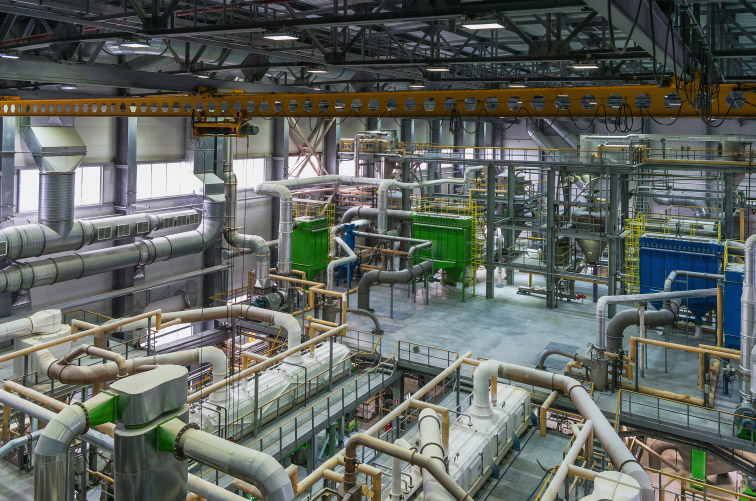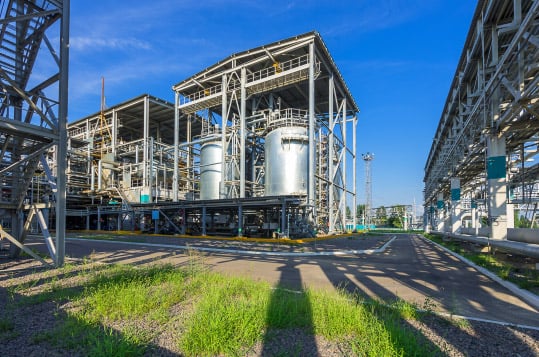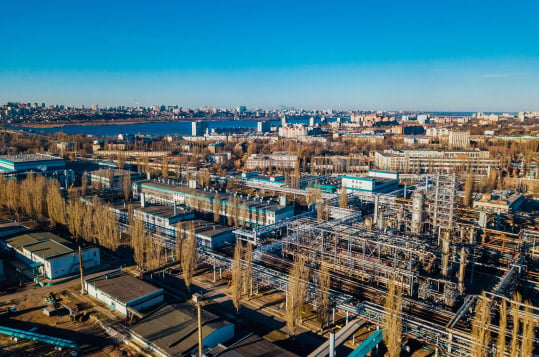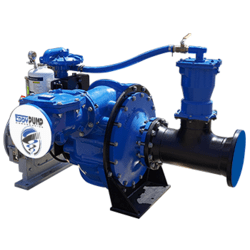Application of EDDY Pump in the Synthetic Oil Production



Application of Our Slurry Pumps in the Synthetic Oil Production

- Drilling Mud Transfer: During the drilling process, synthetic oil wells often encounter challenging formations that require drilling mud for lubrication and cooling. Heavy-duty slurry pump efficiently transfers the drilling mud to and from the wellbore, ensuring smooth operations and preventing damage to the drilling equipment.
- Cuttings Removal: Cuttings and debris are produced after drilling and must be removed from the wellbore. Heavy-duty slurry pump assists in efficiently removing these cuttings, preventing blockages, and maintaining productivity.
- Bitumen Extraction: In the extraction of bitumen from oil sands or oil shale, a sand slurry pump plays a crucial role in transporting the mixture of bitumen, water, sand, and clay. These pumps can handle the bitumen mixture’s high viscosity and abrasive nature, ensuring smooth and continuous flow throughout the extraction process.
- Frac Sand Handling: In hydraulic fracturing (fracking), frac sand is mixed with water and other chemicals to create the fracking fluid. Sand slurry pump transports and injects this mixture into the well, aiding in fracturing and increasing oil and gas production.
- Slurry Transportation: Synthetic oil production often involves moving heavy crude oil, sand, water, and other materials in slurry form from one location to another. A slurry transport pump is essential for transporting these mixtures efficiently through pipelines, reducing energy consumption, and minimizing wear and tear on the system.
- Tailings Management: After extracting synthetic oil from the reservoir, tailings (waste materials) are produced, which may contain various solid particles and chemicals. The slurry transport pump manages and transports these tailings to designated disposal areas or recycling processes.
- Sand Recovery: A sand slurry pump is utilized in the process of sand recovery and reclamation, where they help separate and recover valuable frac sand from the slurry mixture, reducing waste and maximizing the use of resources.
- Refining and Processing: In the refining and processing synthetic oil, an industrial slurry pump assists in transporting heavy crude oil, waste materials, and other viscous fluids to different stages of the refining process, facilitating efficient operations and ensuring a continuous flow.
CALL FOR SALES OR SUPPORT
If you need help with Pump Selection, Sales or Engineering Support
Call 619-345-5446

Application of EDDY Pump’s Hydraulic Dredging in the Synthetic Oil Production

- Slurry Creation: In the first step, a mixture of water and additives (such as solvents or surfactants) is combined with the oil sands or shale deposits. This creates a slurry, effectively reducing the viscosity of the bitumen or heavy oil and making it easier to extract and transport.
- Slurry Transport: Once the slurry is created, it is transported to a processing facility or extraction site. Hydraulic dredging equipment moves the mixture efficiently, ensuring a continuous flow.
- Separation and Upgrading: At the processing facility, the slurry undergoes separation to separate the bitumen or heavy oil from the sand, clay, and other solid materials. Various separation techniques, such as gravity separation and flotation, are employed to upgrade the bitumen to a higher quality for further processing.
- Water Recycling: Water is critical to creating the slurry in hydraulic dredging operations. Water conservation and recycling are essential in these processes to minimize environmental impacts and ensure sustainable operations. Techniques such as tailings pond management and water treatment are used to recycle and reuse the water in extraction.
- Environmental Considerations: Hydraulic dredging operations require careful environmental management due to the significant impact on natural ecosystems. Companies involved in synthetic oil production must adhere to strict regulations and implement best practices to minimize the environmental footprint of these operations.




